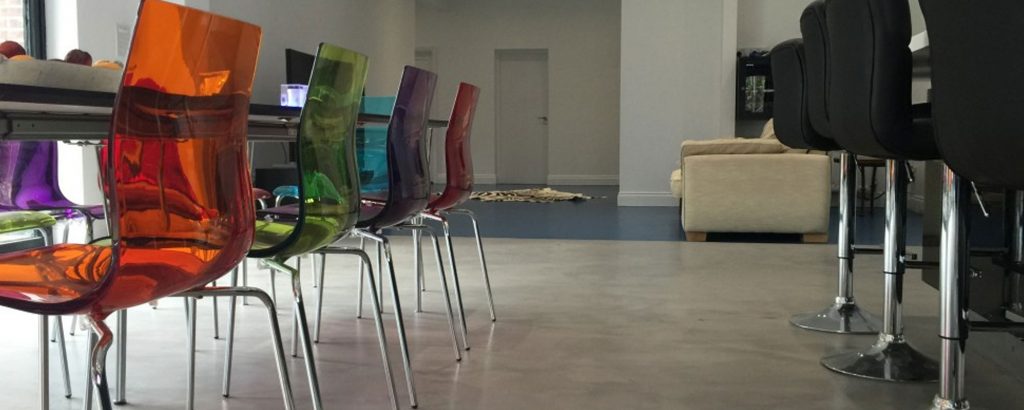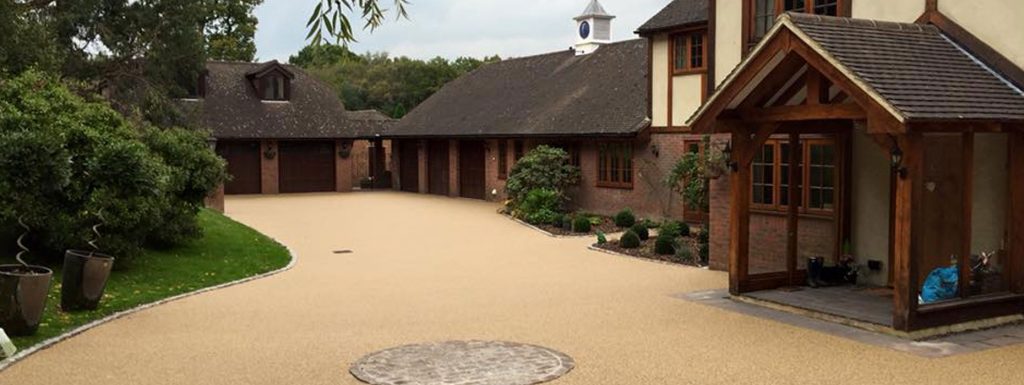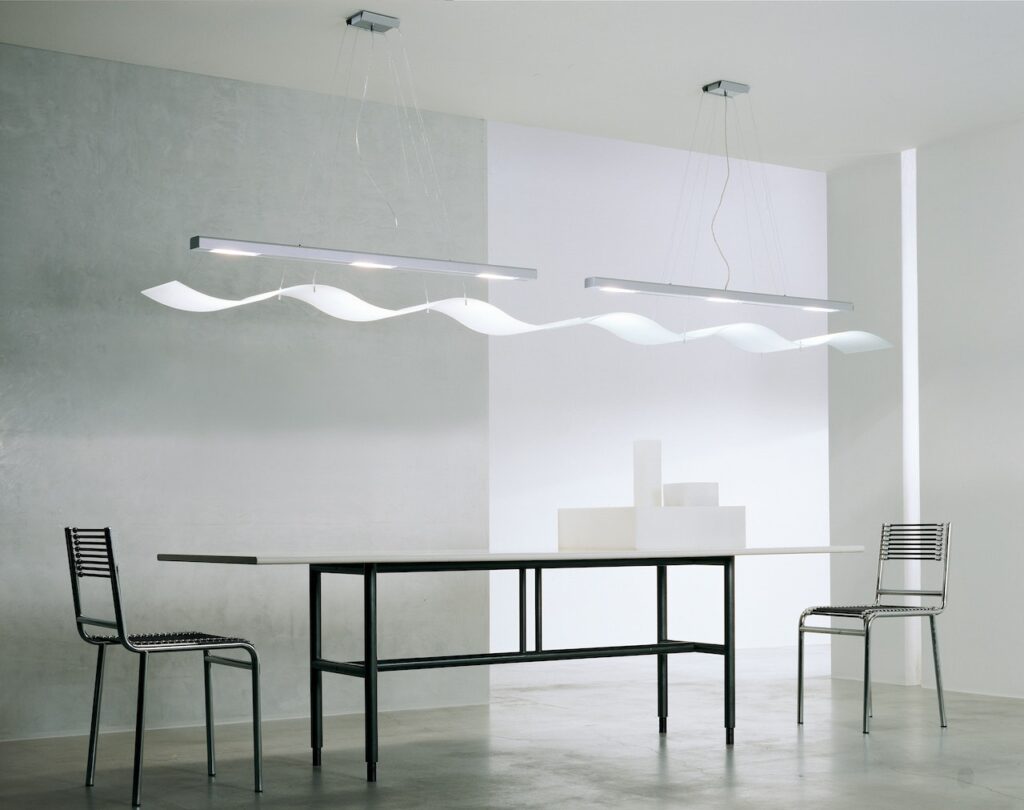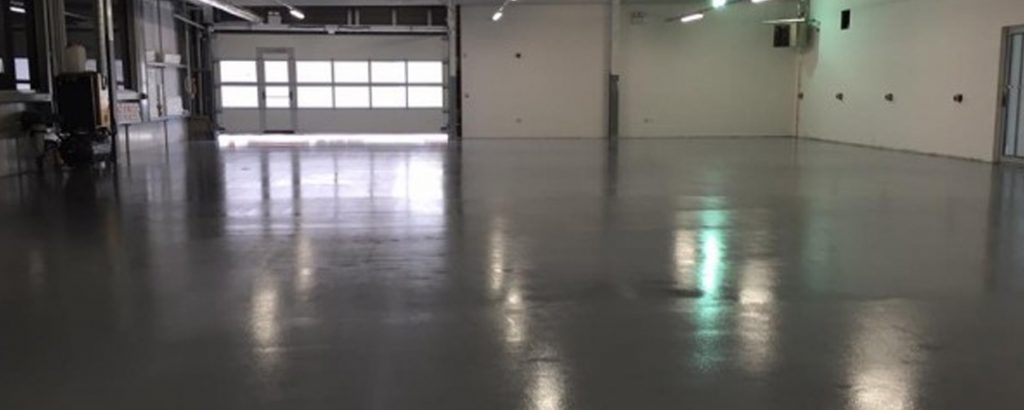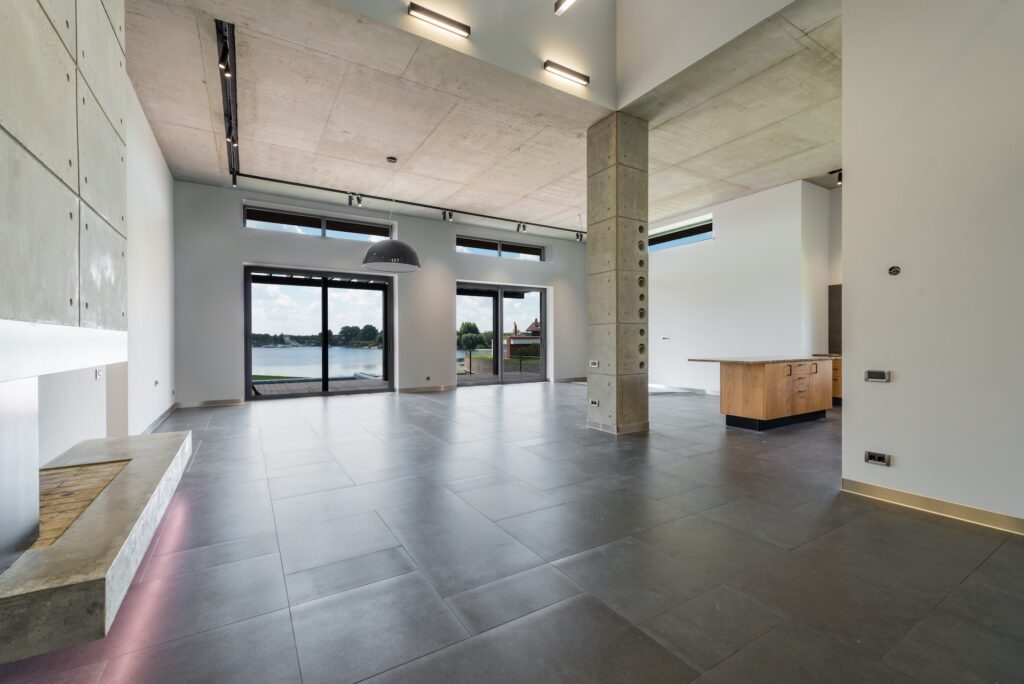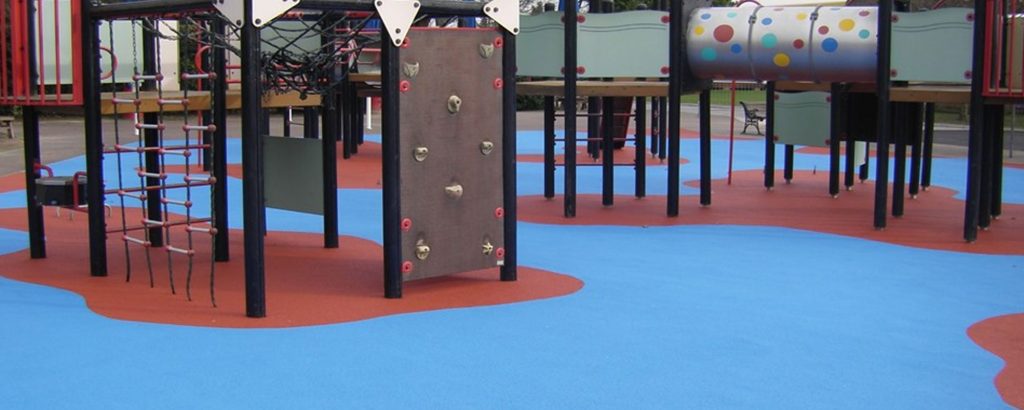Industrial flooring solutions were once a surface just used for commercial environments such as factories and warehouses. In recent years the interior trend has been driven towards achieving an industrial finish within the home. One way homeowners achieve this interior is by installing an industrial flooring solution.
There are many types of industrial flooring options available, however, each has different properties, finishes and colour differences, therefore choosing the most suitable flooring option for your lifestyle and the environment can be a difficult decision. We have listed a number of industrial flooring options available and noted the advantages and disadvantages with each.
Epoxy based flooring
Epoxy based flooring systems are made up of two components: resin and hardeners. Once the resins and hardeners are mixed together, a chemical reaction occurs and a rigid plastic material is formed which we call epoxy. At Flexflooring we offer different types of epoxy flooring options: Epoxy self-levellers, Epoxy mortars (Stonex Quartz Screed), poured Epoxy, metallic Epoxy and Epoxy coatings, for more information on each of these flooring options visit our Industrial Epoxy Flooring page. You can find out the cost of Epoxy flooring here.
Like most things, there are pros and cons that come with any flooring solution. We have listed the advantages and disadvantages of an epoxy solution to help you make an informed decision.
Advantages of Epoxy:
- Appearance: If epoxy is installed correctly, the material creates a seamless and professional finish which complements contemporary spaces, as well as working well in industrial environments.
- Affordability: Epoxy can be cheaper per square metre than many other flooring solutions on the market which is one of the main reason why it is so appealing to individuals resurfacing both domestic and commercial environments.
- Resistance: Epoxy has resistance properties making the material ideal for industrial environments where there are high and frequent traffic loads. The surface is also resistant to chemical fluids and oils and offers varying different resistance to scratches and abrasions.
- Durability: Epoxy surfaces have a longer lifespan compared to most other flooring solutions. It creates a hard & fast bond which is much stronger than just concrete. As previously mentioned, the flooring solution is resistant to most kinds of impact so you can also ensure longevity with your flooring solution.
- Safety: Although not always thought about when deciding on your flooring solution, epoxy is known for being a safe flooring option. The flooring system does not emit any harmful gases or chemicals that may be a potential danger to people or animals. Furthermore, the surface is also resistant to bacteria and germs creating a hygienic environment.
- Variety: Epoxy is available in a range of different colours and patterns. Customers are available to create a bespoke finish which is entirely unique to them.
Disadvantages of Epoxy:
- Slippery: Despite being relatively skid resistant, in situations where the flooring solution becomes wet this can create a very dangerous environment if not dealt with immediately.
- Preparation: The preparation process to installing an epoxy solution can be time-consuming and costly. If your substrate is concrete, you must ensure there is no grease, oil or solvents present on the concrete before installation of your epoxy.
- Installation: An epoxy flooring solution must be installed by professionals if you want it correctly installed and a professional finish to be achieved. Furthermore, problems can arise if the resin and hardener are not correctly mixed together.
- Adherence: Epoxy does not adhere well to damp environments, that’s why it important to apply resin flooring solutions on top of a concrete surface that is thoroughly dried.
- Removal: If you want to remove your epoxy surface in the future, it can be labour-intensive and costly to do so.
Microcement
Microcement is an alternative to polished concrete. You’re able to achieve a decorative finish with microcement which is seamless and grout free and also lends its hand to low maintenance.
Microcement is a popular flooring solution for both domestic and commercial environments due to its cost-effectiveness and the professional end result. We have put together a list of advantages and disadvantages of microcement flooring.
Advantages of Microcement:
- Cost-effective: A microcement flooring solution is often cost-effective compared to other flooring alternatives such as poured polished concrete flooring. Costs are also unlikely to be incurred due to maintenance because of the flooring systems low maintenance and high resistance properties.
- Easy to maintain: Microcement flooring systems are extremely easy to maintain and will need little maintenance. Dust, dirt and allergens will not collect on the surface, all that is required is a simple mop or steam mop to easily clean the surface when you feel it is required.
- Durability: Microcement flooring systems are resilient, tough and hard wearing.
- Versatility: There are diverse design options available with microcement flooring solutions. For example, you can tailor the colour, texture and finish to your requirements, creating a uniquely bespoke flooring system to you.
Disadvantages of Microcement flooring:
- Hardness: You can expect extreme hardness from a microcement flooring solution which can be uncomfortable. It is also a potential danger to elderly people and children if they fall over. As well as causing fragile objects to crack or smash if they fall on the surface.
- Moisture: Microcement does not adhere well to moisture, therefore if the system is not correctly installed and there is moisture penetration, this can often cause a build-up of mould and mildew.
- Cracking: Cracking can occur when there are sudden changes in temperature, moisture penetration or settling. Most likely determined by the sub-base.
For more information about microcement, read our guides: ‘What is microcement?‘ and ‘How much does microcement cost?’
Concrete
Concrete flooring systems are popular flooring options for commercial environments and more recently, domestic environments. Concrete flooring can create an ideal surface for factory and warehouse environments because of its tough, durable and hardwearing nature. The flooring system also works well in domestic environments where an industrial interior finish is trying to be achieved.
Advantages of concrete Flooring:
- Low maintenance: Similarly to microcement flooring, concrete is a low maintenance flooring system. Dirt, dust and stains, for example, are unlikely to collect on the surface of a concrete flooring solution, if sealed, making aftercare relatively low maintenance.
- Diverse design options: Different design options are available with concrete flooring including colour, textures and finishes. Concrete can be combined with dyes or colouring agents to mimic ceramic tiles, stone or brick.
Disadvantages of concrete Flooring:
- Hardness: As expected, concrete flooring is hard under the foot which can be uncomfortable, especially if you have fallen on the surface. It is also unlikely that fragile items will survive a fall on a concrete floor.
- Moisture: Concrete flooring systems do not react well to moisture penetration and can affect the overall performance of the flooring system.
- Cracking: Cracking can occur over time due to sudden temperature changes, moisture and settling.
- Environmentally unfriendly: Although concrete is a biodegradable material, the process of making cement requires a lot of energy and produces carbon dioxide which is environmentally unfriendly.
Polyurethane:
Polyurethane is a common resin industrial flooring solution and is similar to epoxy in some ways but different in others. Polyurethane is suitable for a place with foot traffic, car parks and food factories, whilst epoxy is well suited to warehouses, logistics factories and areas with forklift and truck traffic.
Advantages of Polyurethane:
- UV stable: Unlike epoxy, polyurethane can be is UV stable (aliphatic polyurethanes) which means it won’t yellow when exposed to sunlight.
- Flexibility: Polyurethane flooring systems usually offer an amount of flexibility, potentially accommodating minor movement whereas epoxy systems are more brittle,
- Durable: Like epoxy solutions, polyurethane flooring is tough and hard wearing and is suitable for an environment where there are heavy loads and lots of traffic.
- Low maintenance: Minimal maintenance is required with a polyurethane flooring system and will only require a sweep and mop when you feel it is needed.
Disadvantages of Polyurethane:
- Sensitivity to humidity: Polyurethane is sensitive to humidity therefore where moisture is a potential threat, this can have a greater impact on a polyurethane flooring system than an epoxy system.
Rubber flooring tiles
Rubber flooring tiles have become a popular flooring option for commercial and high traffic environments. They are available in an array of colours, textures and patterns which means you can be assured there is a rubber flooring solution that will suit your environment.
Advantages of rubber floor tiles:
- Durability: Rubber flooring tiles are tough, resilient and hard wearing which means the lifespan of a rubber flooring is likely to outlive other flooring alternatives.
- Low maintenance: To clean a rubber flooring system you can expect to only need to use a wet mop. Take note to check with manufacturers before using harsh detergents in case damage is caused.
- Softness: Rubber flooring is soft under the foot which can be more comfortable than other flooring alternatives such as epoxy flooring or microcement A greater level of thickness will contribute to greater comfort.
- Quiet: Because of the nature of the flooring system and its elastic properties, the flooring system is very quiet. This means the sound of walking, traffic and objects on the floor will make little to no sound.
- Diversity: As rubber flooring has become a popular flooring option there are greater choices available in terms of colours and design options.
Disadvantages of rubber floor tiles:
- Costly: Depending on the type of rubber flooring you opt for, the flooring system can be quite expensive. For example, if you opt for a premium rubber flooring you can expect to pay more compared to another flooring alternative per square metre.
- Slippery: Although the surface is hard wearing and resilient, it is often a smooth surface which when wet, can cause the surface to become very slippery and a danger to others.
- Resistance: In most cases, rubber flooring is a resistant surface. However, strong detergents and cleaning agents can be harmful to the flooring system and cause damage. Oils and grease are also likely to stain the flooring surface.



